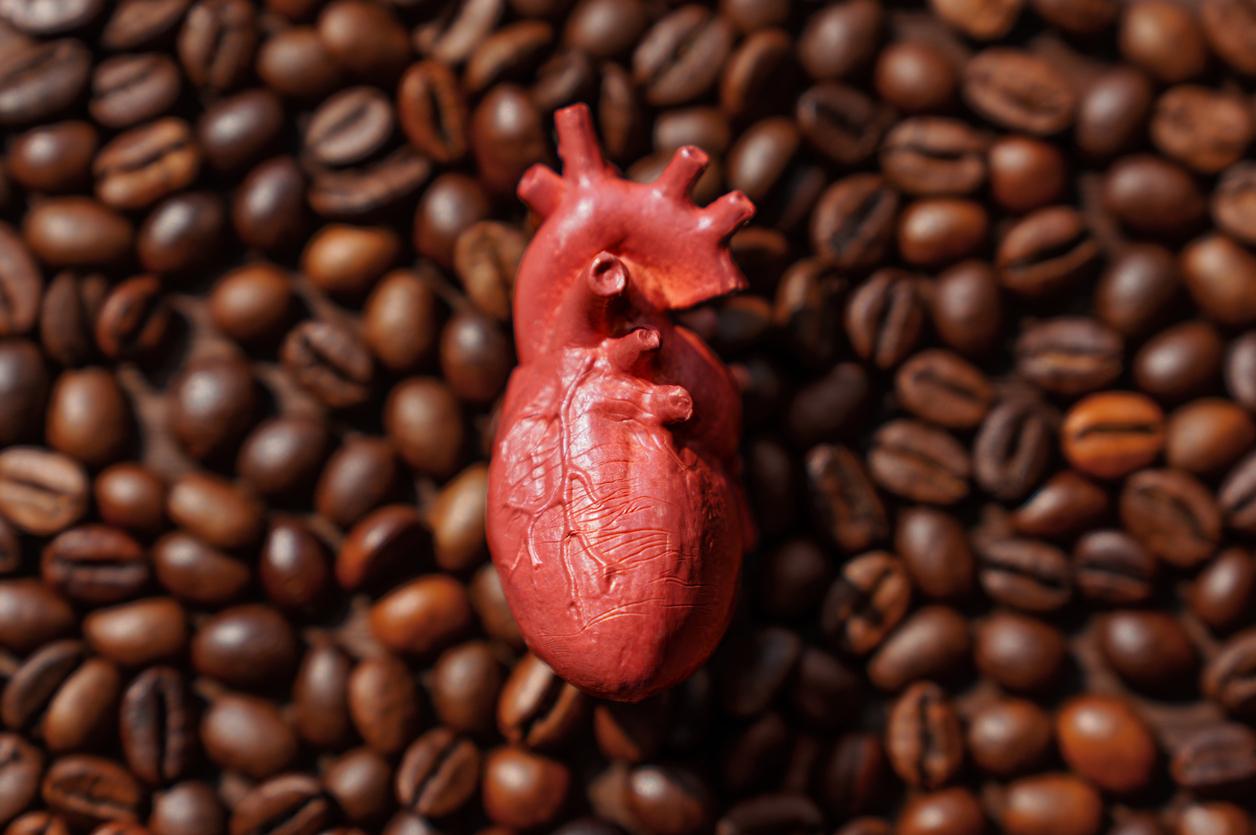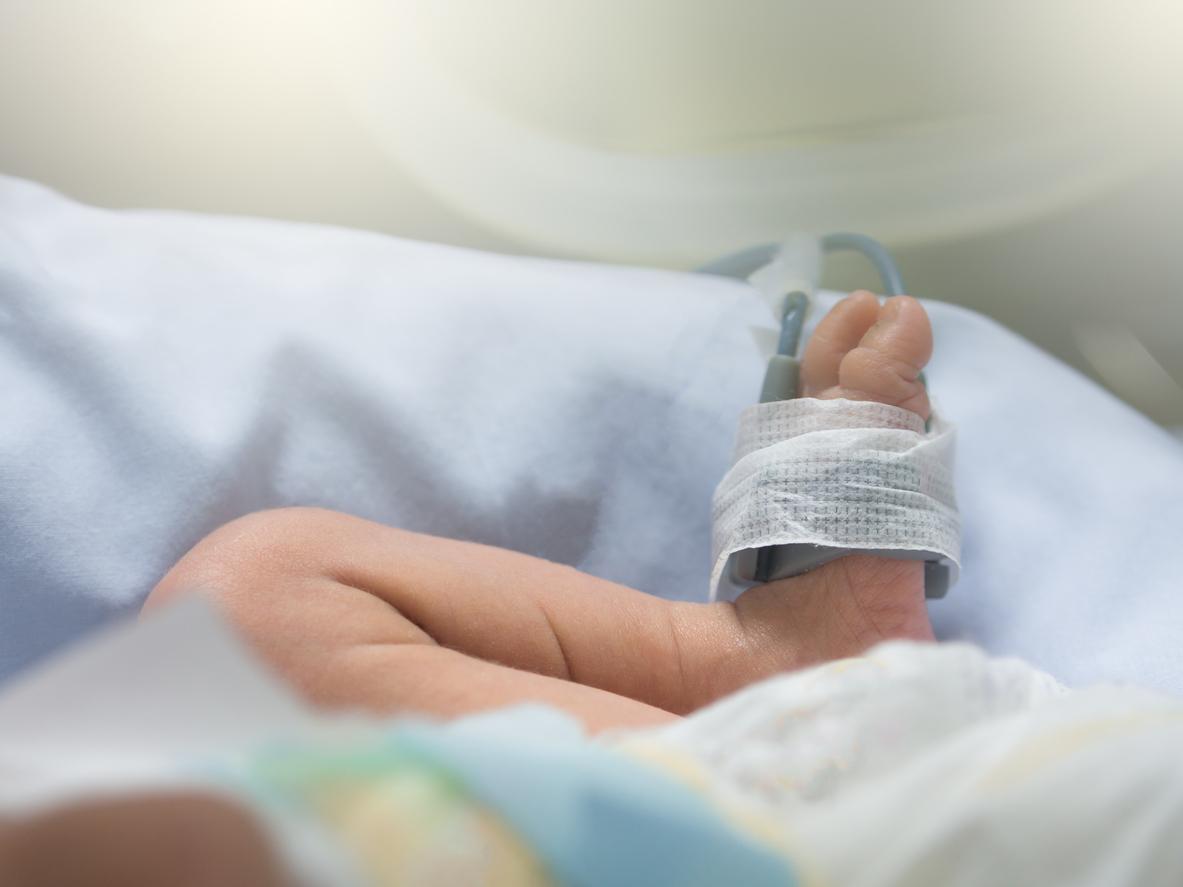Improving memory, fighting cognitive decline and Alzheimer’s disease, reducing the risk of diabetes or prostate cancer…Drank in reasonable quantities – four cups a day maximum – coffee has many benefits for our health, in particular thanks to its content of polyphenols, which fight against free radicals and therefore limit cellular aging.
However, excessive consumption can, conversely, become dangerous to health (from six cups) and even toxic in certain categories of people such as pregnant women. From heartburn to acid reflux to palpitations, all of these quirks make you want to take a caffeine break. “Caffeine makes the heart beat faster, fatigues the heart, can cause sleep disturbances depending on the degree of consumption for non-decaffeinated coffees. Drinking in large quantities, coffee also prevents the proper assimilation of iron by the body. It can thus cause anemia, which will itself lead to fatigue.indicated to Top Health Dr. Chevallier, nutritionist, in a previous article.
caffeine as a drug
But beware, a sudden stop can also cause certain symptoms if you are a coffee regular. “If you are experiencing withdrawal symptoms, it is a sign that you have consumed too much and have become addicted to it.”says nutritionist Kim Pearson at MailOnline. Hence the need to reduce your caffeine intake. The first symptoms (headaches, fatigue, irritability) may occur 12 to 24 hours after the last dose of caffeine and may peak after a day or two of abstinence, then continue for a few days.
So, before eliminating it completely, start by reducing your consumption by half for two weeks. Find less strong alternatives such as rooibos, chicory or even yerba mate before completely giving up caffeine after the third week.





















